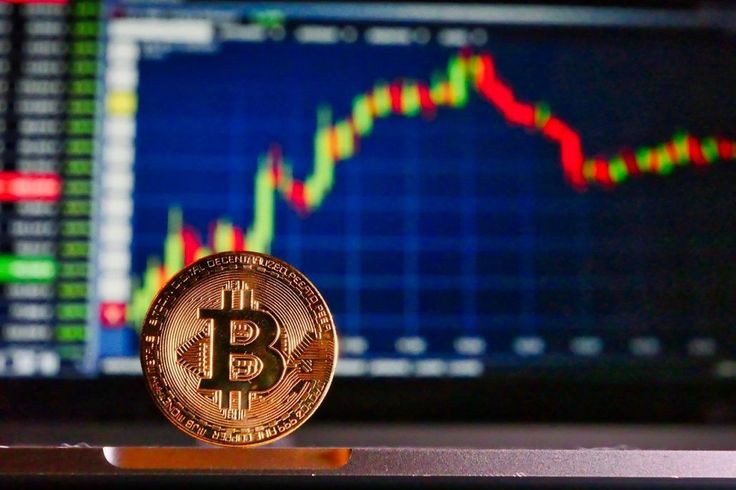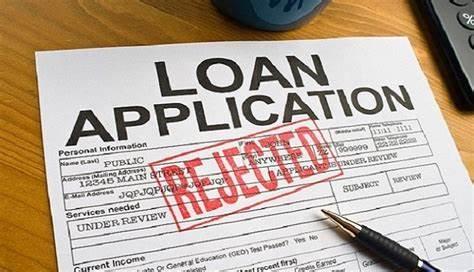Contents
The British Business Bank characterises the BBLS as a scheme to provide “financial support to businesses across the UK that are losing revenue and seeing their cash flow disrupted as a result of the COVID-19 pandemic”, which is similar to the CBILS. In fact, they use this precise phrase to describe the CBILS. However, there is one important addition to the description: “… and that can profit from £50,000 or less in financing.”
The Bounce Back Loan Scheme and Coronavirus Business Interruption Loan Scheme, have a lot of similarities. There are so many similarities between the two systems that the best way to describe the BBLS is to discuss the areas where they differ.
The terms and conditions of your Bounce Back Loan
- It’s important to understand that Bounce Back Loans are debt, not a gift, and so come with terms and restrictions from the lender. There is no liberty relating to the situation where you can’t pay bounce back loans thus examine these thoroughly.
- The following are some common circumstances to be mindful of: Each ‘group’ has only one application. This is fraud if you apply for more than one business that is owned or controlled by the same person.
- Unless you are refinancing in full with the Bounce Back Loan, you must not have previously obtained a loan under the Coronavirus Business Interruption Loan Scheme (‘CBILS’), the Coronavirus Large Business Interruption Loan Scheme (‘CLBILS’), or the COVID-19 Corporate Financing Facility (‘CCFF’). You have until November 30th, 2020 to make this arrangement with your lender.
- If you’ve been afflicted by the Coronavirus outbreak, the BBL offers an alternative source of funding. It can be used for a variety of objectives, including working capital and investment, but it must be used to promote trading or commercial activities in the United Kingdom. It is not to be used for personal gain.
- If your company requires additional funding during the term of the BBL, be very cautious about putting any type of security, mortgage, charge, pledge, lien, or encumbrance on its assets. You must examine the loan terms and conditions to see if this is permitted, as it is frequently not.
If you are wondering whether do you have to pay back the bounce back loan, keep reading along to know more.
What happens if you default on your bounce back loan?
If you default on your bounce back loan, there are no serious consequences but less chances of bounce back loan write off. You will not lose any assets, and your credit score will not be affected. To begin with, credit checks are not required in order to apply for the lending plan.
However, several banks have stated that they will consider defaults in future normal loan applications. The government also instructs bank lenders to reclaim loan payments using conventional procedures. They further emphasise that these loans are repayable, not grants that may be cancelled off if SMEs refuse to pay. Furthermore, lenders are the ones who make the final choice about loan acceptance.
Unpaid Bounce Back Loans will be pursued by banks in the same way that any other unsecured debt would be. Handling with debt collection agencies, legal action, and maybe bailiffs could be part of this.
The government and banks have discussed forming a panel of debt collecting organisations that would all adhere to a set of guidelines. This is due to the fact that lenders can only rely on the government’s 100 percent guarantee once a debt collection agency has exhausted its collecting efforts.
The earlier you pay off your loan after interest has been levied, which can be done without incurring a penalty, the less it will cost you in the long run.




